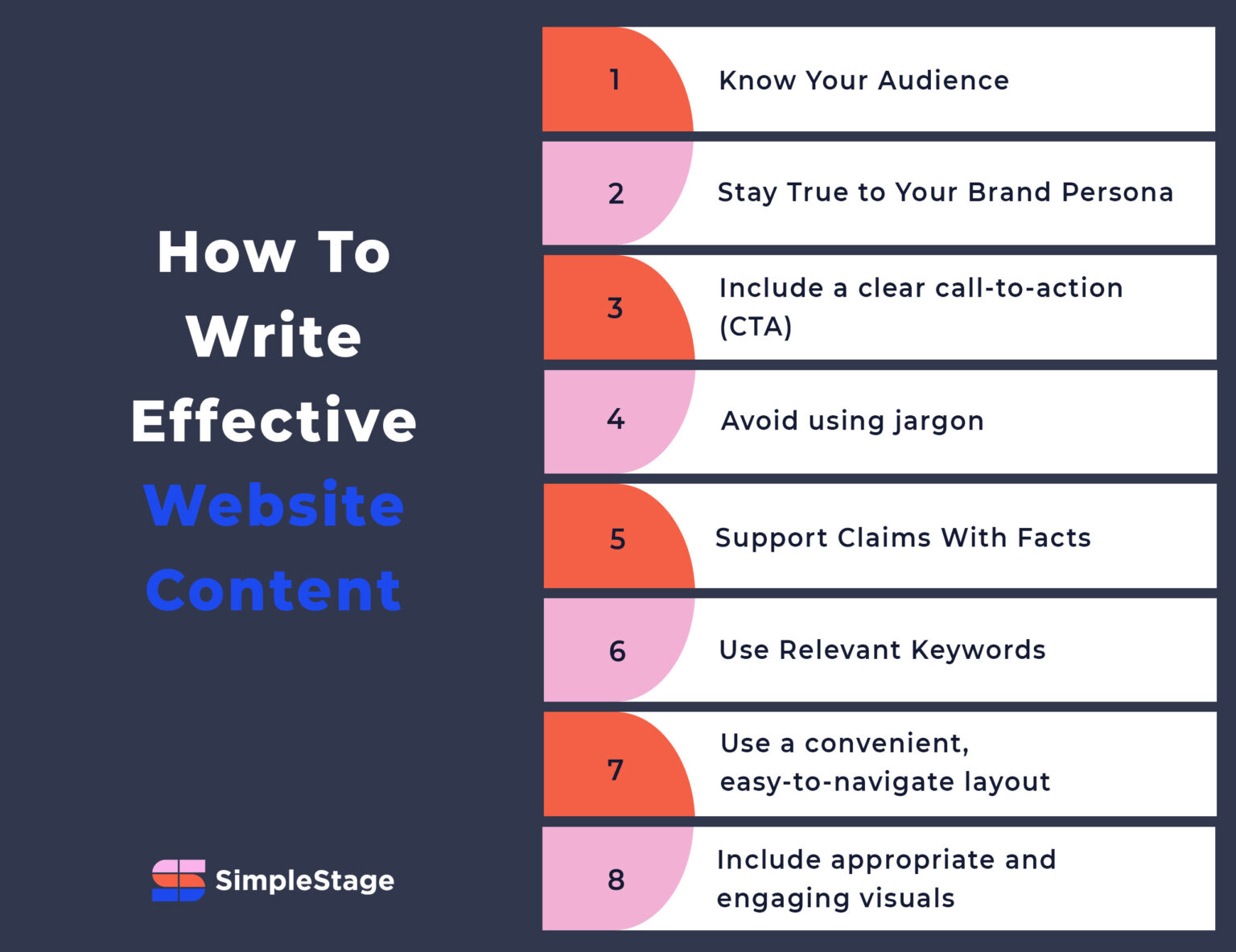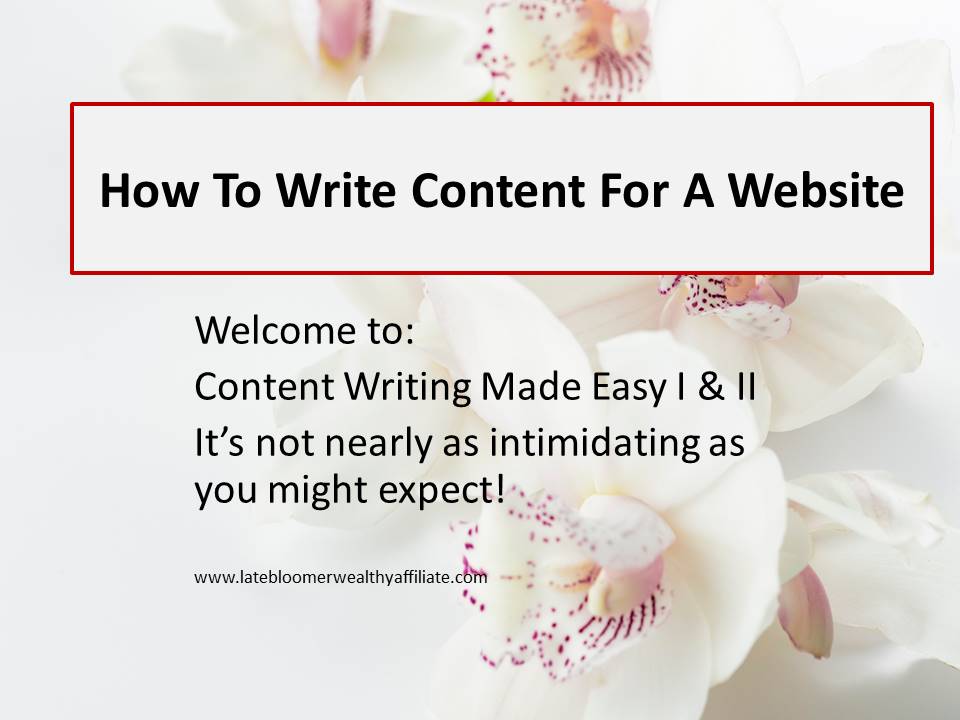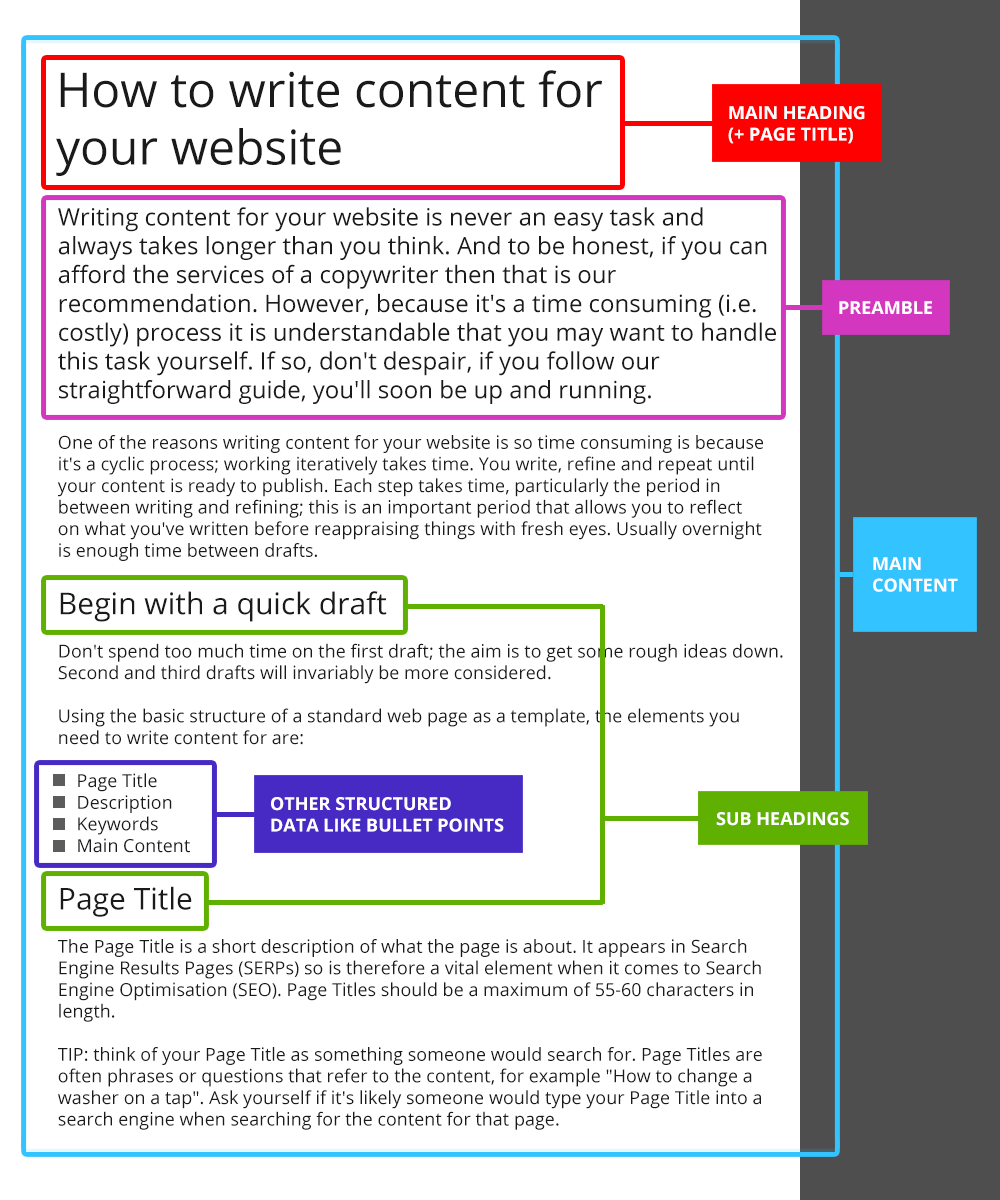
Making Web Content That People Actually Want to Read: A Modern Guide
Figuring Out Who You’re Talking To: The Heart of Good Content
Okay, so, putting stuff online isn’t just about throwing words at a screen. You’ve got to know who’s on the other side. It’s more than just knowing if they’re young or old. You need to get into their heads, understand what they’re looking for, and what problems they need solved. Imagine you’re trying to make friends at a party; you wouldn’t just talk about yourself, right? You’d try to find common ground. That’s what your content needs to do. What questions are they typing into Google? What keeps them up at night? Answer those, and you’re golden.
Try making some pretend people, like, “Sarah, who’s 30 and runs a small bakery.” Think about what Sarah would want to know. This helps you write stuff that feels real, not like a robot wrote it. It builds a connection, like you’re having a conversation. Don’t be afraid to try different things, like videos or stories, to see what people click on. It’s like trying different recipes until you find the one everyone loves.
Also, talk to the people who comment on your stuff or message you on social media. They’ll tell you what they like and don’t like. Listen to them, and change things up if you need to. It’s like asking your friends for advice; they’ll tell you straight. This makes people trust you more, because they know you care. It’s like hosting a chat, where everyone gets a turn to speak.
Finally, look at the numbers. See what pages people spend the most time on, and what pages they leave right away. This helps you see what’s working and what’s not. Let the numbers guide you, but don’t forget that people are people. Numbers tell you what happened, but you need to figure out why.
Finding the Right Words: The Map to Your Content
Using Keywords to Help People Find You Online
Finding the right words for your content is like finding the right directions. You need to know what people are typing into search engines. Tools like Google’s Keyword Planner can help you find popular words and phrases. But don’t just use any words; they need to be related to what you’re writing about. It’s like making sure your directions take you to the right place.
Longer phrases, like “how to make the best chocolate chip cookies,” are really useful. They show that someone is looking for something specific. These phrases can bring in people who are more likely to be interested in what you have to say. It’s like using a special fishing lure to catch a specific type of fish.
Take a peek at what other websites are doing. See what words they’re using, and see if you can do something different. But don’t just copy them; try to be unique. It’s like seeing what everyone else is wearing to the party, and then wearing something that makes you stand out.
Keep your word list updated, because things change fast online. What’s popular today might not be popular tomorrow. Stay on top of things, and change your words when needed. It’s like checking the weather forecast and changing your plans if it’s going to rain.
Making Headlines That Grab Attention: The First Look
Getting People to Click With Good Titles
Your headline is like the first thing someone sees when they look at your website. It needs to make them want to click. Use strong words and make people curious. Numbers and lists can also work well. For example, “10 Ways to Make Your Website Faster” is better than just “Website Tips.”
Keep your headlines short and sweet. People don’t have a lot of time, so get to the point. Don’t use clickbait, because that will make people mad. It’s better to tell people what they’re going to get, and then give them even more. Honesty is always the best way.
Try to use your keywords in your headlines, but make sure they still sound natural. It’s a balancing act. You want to help people find your content, but you also want them to enjoy reading it. It’s like adding spices to a dish; you want to add flavor, but not too much.
Try out different headlines and see which ones people click on the most. This can help you learn what works best. It’s like doing a science experiment, where you try different things and see what happens.
Writing Good Stuff: The Main Course
Providing Useful Information for Your Visitors
Good content is the most important thing on your website. It’s not just about filling space; it’s about helping people. Focus on giving them information that’s useful and interesting. Think of it as building a library of helpful stuff. If you give people good information, they’ll trust you. It’s like being a reliable friend.
Make your content easy to read. Use headings and bullet points to break up the text. Add pictures and videos to make it more interesting. People don’t like reading long blocks of text. It’s like making a meal look nice; people are more likely to eat it if it looks good.
Make sure your information is correct and up-to-date. If you give people wrong information, they won’t trust you. Double-check your facts and keep your content updated. It’s like being a news reporter; you need to get your facts right.
Make sure your website works well on phones. Most people use their phones to go online, so your website needs to look good on them. This will make people happy and keep them on your site longer. It’s like making sure your store is easy to get to, no matter how people arrive.
Getting Your Content Out There: Sharing the News
Reaching More People With Your Content
Writing good content is only part of the job; you also need to share it. Post your content on social media, send it out in emails, and share it in online groups. Talk to people and get them to share your stuff. It’s like throwing a party and telling everyone about it.
Try writing guest posts for other websites. This can help you reach new people and show that you know what you’re talking about. Look for websites that have the same type of audience as you. It’s like teaming up with someone else to get your message out.
Work with people who have a lot of followers online. They can help spread the word about your content. Give them good stuff to share, or work with them on projects. It’s like getting a celebrity to talk about your product.
Look at what you’re doing and see what’s working. Try different things and see what gets the most attention. It’s like running a campaign, where you try different strategies and see what works best.
Frequently Asked Questions (FAQ)
Answering Common Questions
How long should a blog post be?
Longer posts tend to do better in search results, but focus on quality. Try to write at least 1,500 words, but if you can say everything you need to say in 800 words, that’s fine too. It’s better to have a good short article than a bad long one.
How often should I post new content?
Try to post new content on a regular schedule. It could be once a week or once a month. This keeps people coming back to your website. It’s like watering a plant; it needs regular watering to grow.
How important are pictures and videos?
Very important! They make your content more interesting and easier to read. Use good pictures and videos to help explain your points. A picture is worth a thousand words, and a video is worth even more.

How To Write Effective Website Content Simplestage

How To Write Content For Your Website Why Is It Important

How To Write Content For A Website Late Bloomer Affiliate Marketer

How To Write Content For Your Website

